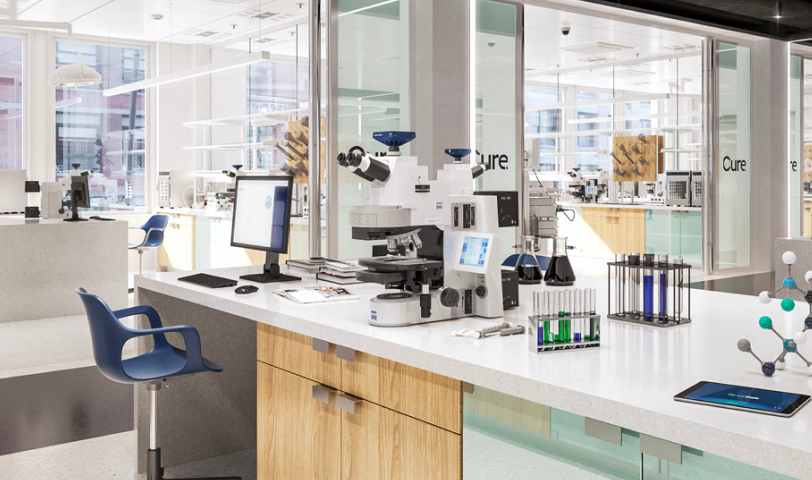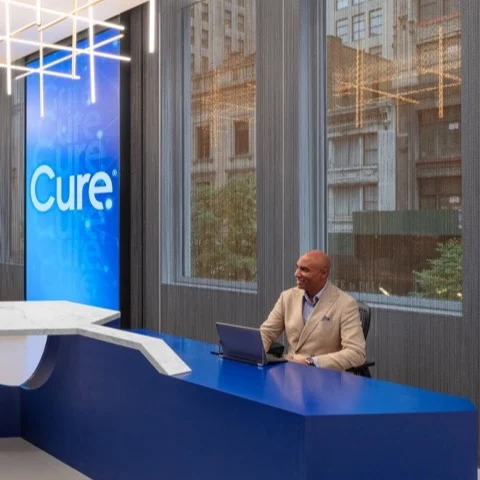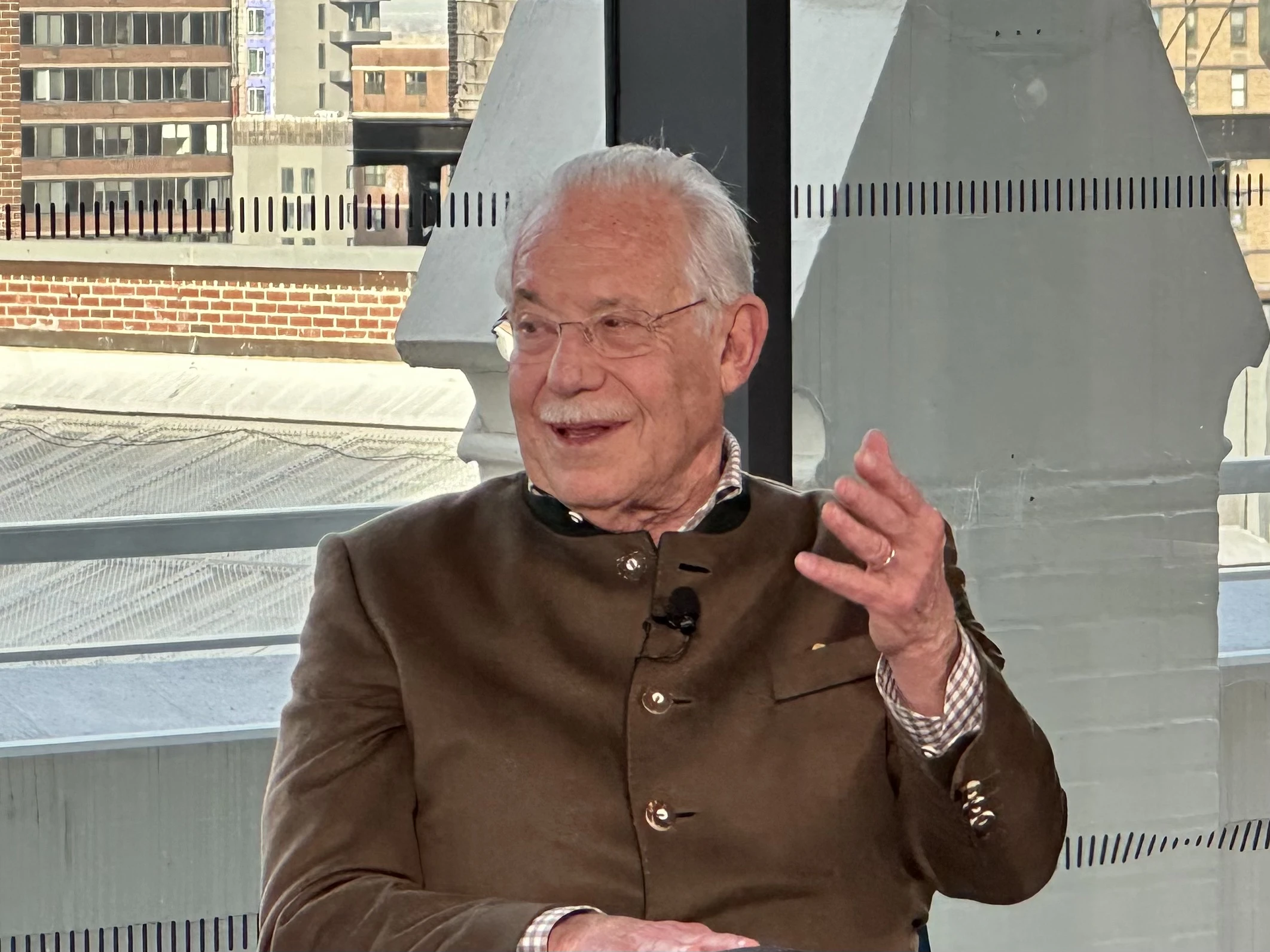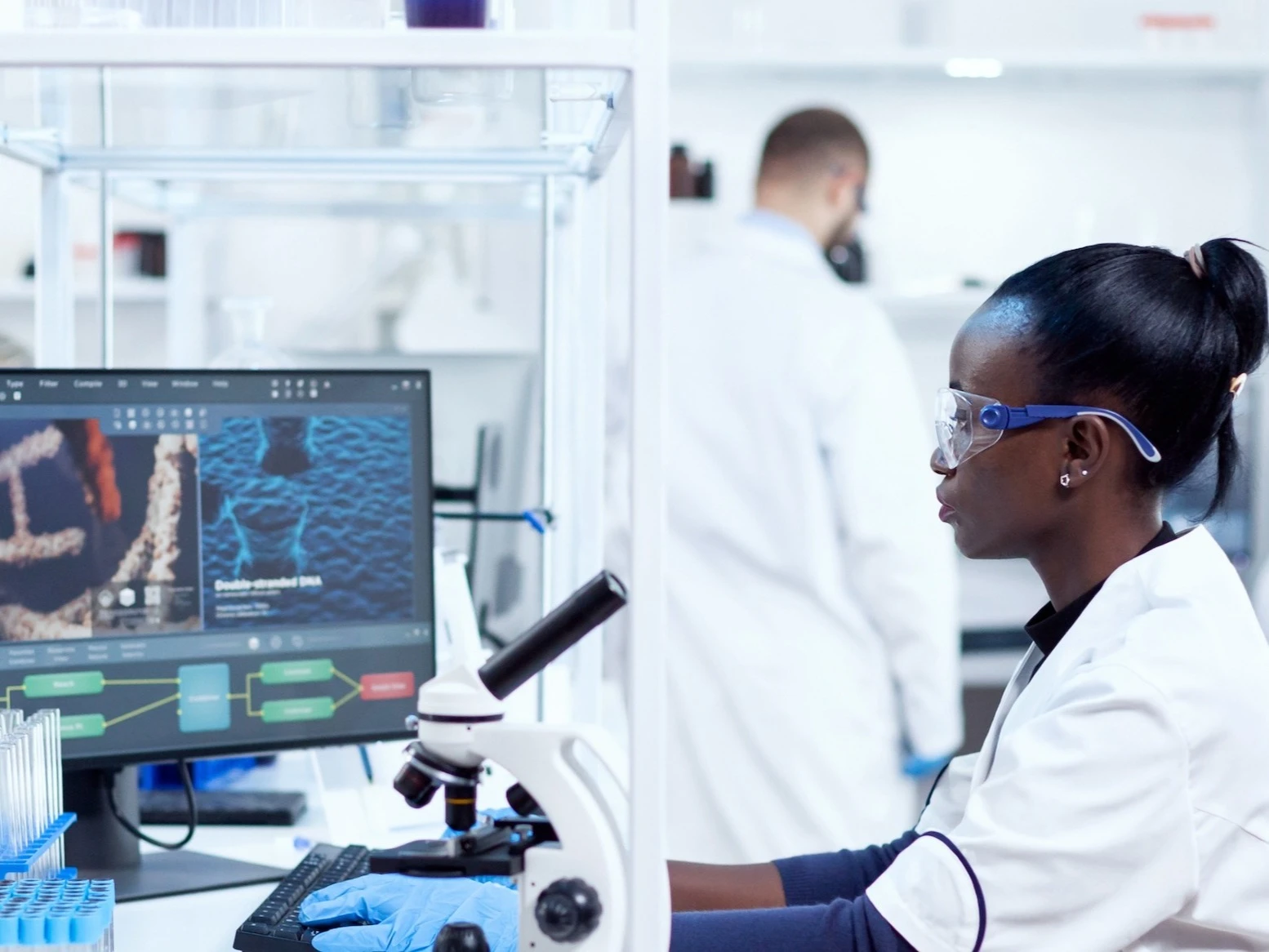The baby born in Peru in December 2024 was no ordinary birth. The child’s conception involved an innovative cell therapy-based technique designed by Gameto, a New York City-based biotech company known for its pioneering application of cell engineering to address critical unmet needs across a woman’s life span — from improving fertility outcomes to alleviating the symptoms of menopause and more.
Gameto recently received a $10 million award from the ARPA-H Sprint for Women’s Health program to support its novel Ameno program, whose goal is to ease the effects of menopause on a woman's physical and emotional health. In parallel, the company is developing its Fertilo program to improve fertility and the Deovo program to develop therapies for ovarian disease.
Women's reproductive health is an underdeveloped area in the healthcare industry.
Despite a growing global infertility crisis, female reproductive therapies have remained largely unimproved since their inception decades ago. Gameto focuses on developing novel solutions to improve women's health from egg freezing, infertility and diseases of the reproductive years to menopause and conditions that occur afterward. Its platform is broadly applicable and has the potential to fill many gaps in women’s health.
ARPA-H’s National Effort to Accelerate Advances in Women's Health
ARPA-H — Advanced Research Projects Agency for Health — launched Sprint for Women’s Health as part of the White House Initiative on Women’s Health Research.
The federal agency’s program champions innovations and addresses critical unmet challenges in women’s health. Cure, an ARPA-H Investor Catalyst Hub Spoke, hosted a recent event with ARPA-H’s Director Renee Wegrzyn, PhD, and Portfolio Lead Jenica Patterson, PhD, as well as Gameto and other New York-based winners of the Sprint.
ARPA-H’s two funding tracks foster transformative research and development efforts: “spark” awards support early-stage research, while Launchpad awards, which Gameto received, fund later-stage development. The goal of all supported projects is to improve women’s health outcomes.
Gameto’s Redefinition of Women's Reproductive Health
At the heart of Gameto's programs are ovarian support cells (granulosa cells) the team designed using cell engineering techniques. The idea was born in the lab of George Church, PhD, a renowned gene therapy, gene editing and genomic sequencing expert at Harvard's Wyss Institute for Biologically Inspired Engineering.
"No one was focusing on the application of stem cell biology to ovarian biology in the women's health space," explained Christian Kramme, PhD, Gameto's Chief Scientific Officer. He completed his doctorate in the Church lab as part of the team that led to the creation of Gameto in 2021, including co-founders CEO Dina Radenkovic, MBBS, Martin Varsavsky, MBA, Chair of Gameto's Board, and Pranam Chatterjee, PhD.
"We created ovarian support cells from pluripotent stem cells to enhance critical cell types that exist in human ovaries. Our mission is to use these cells to improve patients' lives," added Kramme.
Gameto's lead initiative, Fertilo, is already used in several countries outside the United States, including Peru, where the first Fertilo-associated birth occurred. Conventional IVF requires women to take hormonal injections for up to two weeks to promote the maturation of oocytes (eggs) before they are retrieved for fertilization — a process that can be uncomfortable, inconvenient and costly and sometimes results in complications such as ovarian hyperstimulation syndrome.
With Fertilo, a woman only needs to take injections for three days. Her eggs are then retrieved and matured outside of the body, in a lab, using Gameto's ovarian support cell platform. Gameto believes Fertilo is more comfortable and convenient and may make IVF accessible to more people by reducing the cost of treatment. The company is planning to start phase 3 clinical trials of Fertilo in the United States in 2025.
Gameto’s Cell-Based Hormone Replacement for Menopause
The Launchpad award from ARPA-H is funding the preclinical development of Ameno, an implantable ovarian organoid designed to act as hormone replacement therapy in women experiencing serious menopause symptoms.
The Ameno product is intended as cell-based ovarian therapy. Gameto is developing it from pluripotent stem cells made to be steroid-producing ovarian cells that can be implanted in the body.
The implant would serve as a source of hormones, secreted in response to signals from a woman's brain, at the levels needed to reduce her menopausal symptoms and the effects of menopause on her health — such as cardiovascular disease, osteoporosis and sexual and mental health. Ameno is not intended to extend the reproductive lifespan.
"Our goal is to develop a lead candidate from our Ameno prototype and take it through animal toxicology and efficacy studies to design a menopausal therapeutic that can be evaluated in clinical trials. We'll let the data decide how the implant is going to look and what kind of delivery modality we will use," said Kramme. "This product could help women dealing with cancer-related fertility issues or primary ovarian insufficiency, including those who get total oophorectomies early in their lives."
A New Platform for Drug Assessment in Women
Because many therapies available today were understudied in women, Gameto is developing Deovo as an engineered organoid platform for drug development.
Specifically, the platform is designed to model the female reproductive system for efficient studies involving disease states, drug discovery and preclinical safety testing of therapies.
Taking Science to the Marketplace
Kramme has advice for young scientists just starting out in their careers and wondering what the next step should be.
"I've always been interested in making a difference in patients' lives and not just practicing cool, fun science. It's inspiring to follow the trajectory of a project full circle, from start to finish, such as our first birth," he noted. "I think young scientists today might be thinking, am I going to be a professor in academia or will I work in biotech or big pharma? But incredible science can occur on both paths.
"We live in a day and age where technology is innovating and progressing faster than any of us probably anticipated. That means that a lot of the innovation that PhDs and postdocs are doing in labs can and will be translated," continued Kramme, who emphasized the importance of building a solid team.
"It's vital to find the right support architecture of people who are business-minded, legal- and compliance-minded and finance-minded who can help take some of the ideas in your head or on paper and guide them toward what is going to actually make a difference in a person's life. The horizons these days for PhDs and scientists in general have never been wider."
The support of state and local governments and biotechnology incubators can also help tremendously. Concluded Kramme, "We've been incredibly supported by the New York City government and New York State government, as well as by Cure and the Alexandria Center for Life Science. It takes a village to get this far as quickly as we have."







